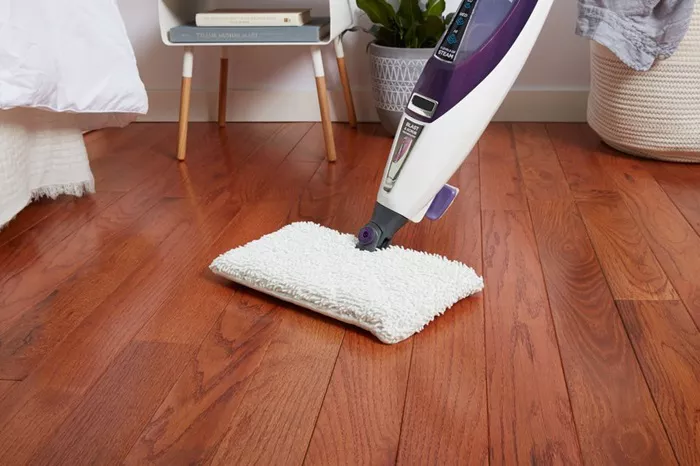Maintaining a clean swimming pool is essential for hygiene, safety, and longevity of the pool itself. A pool cleaner is a device designed to automate the removal of debris, algae, and dirt from pool floors, walls, and water surfaces. With advancements in technology, pool cleaners have evolved into sophisticated tools that save time and effort. However, choosing the most effective pool cleaner depends on factors like pool size, debris type, budget, and energy efficiency.
Types of Pool Cleaners
Robotic Pool Cleaners
Robotic cleaners are self-contained, energy-efficient devices that operate independently of your pool’s filtration system. Equipped with motors, brushes, and filters, they scrub and vacuum debris while navigating the pool’s contours.
Pros:
- Exceptional cleaning precision.
- Programmable schedules and smart controls.
- Energy-efficient (uses its own power supply).
Cons:
- Higher upfront cost.
- Requires manual removal and storage.
Best For: Large pools, heavy debris, and users prioritizing convenience.
Suction-Side Pool Cleaners
These cleaners attach to the pool’s suction port (usually via the skimmer) and rely on the pool pump’s power to move around and collect debris.
Pros:
- Affordable and low-maintenance.
- Simple installation.
Cons:
- Dependent on the pool’s pump, which can increase energy costs.
- Less effective on large debris.
- Best For: Small to medium pools with light debris.
Pressure-Side Pool Cleaners
Pressure-side cleaners use water pressure from the pool’s return jet to propel themselves and push debris into a dedicated filter bag.
Pros:
- Handles larger debris like leaves and twigs.
- Works well with in-ground pools.
Cons:
- Requires a booster pump (added cost).
- Limited wall and step cleaning.
Best For: Pools surrounded by trees or prone to heavy organic debris.
Key Features of an Effective Pool Cleaner
Cleaning Performance
The best pool cleaners tackle all pool surfaces (floor, walls, waterline) and handle diverse debris types, from fine sand to leaves. Look for models with rotating brushes, strong suction, and scrubbing capabilities.
Energy Efficiency
Robotic cleaners are the most energy-efficient, consuming less power than pressure or suction-side models that rely on pool pumps. Energy-saving modes and timers further reduce costs.
Durability
Quality materials like reinforced tires, UV-resistant casings, and tangle-resistant cables ensure longevity. For example, Dolphin robotic cleaners use abrasion-resistant parts for years of use.
Smart Technology
Advanced cleaners offer Wi-Fi connectivity, app controls, and mapping software to clean systematically. The Pentair Rebel features AI-driven navigation to avoid obstacles.
Ease of Use
Automatic shut-off, easy filter access, and lightweight designs simplify maintenance. A user-friendly interface is critical for non-tech-savvy owners.
Maintenance Tips for Pool Cleaners
Clean Filters Weekly: Clogged filters reduce efficiency.
Inspect for Wear: Replace worn brushes or tires.
Store Properly: Keep cleaners in shaded areas to prevent UV damage.
Conclusion
The most effective pool cleaner balances cleaning power, energy efficiency, and ease of use. Robotic models like the Dolphin Nautilus lead the market for their versatility, while pressure-side cleaners like the Polaris 9650iQ excel in leaf-heavy environments. Assess your pool’s specific needs and budget to make an informed choice.
Related topics:
Can I Use a Wet Vac to Clean Pool?

